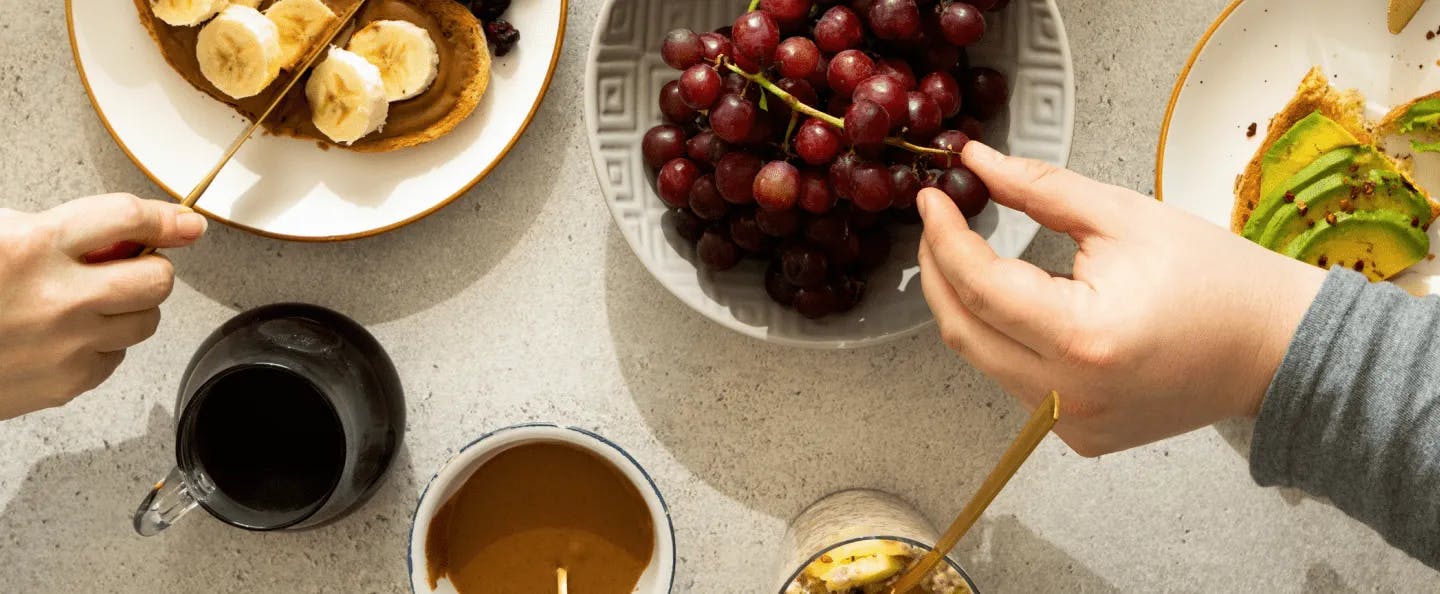4 Reasons To Travel With Your Beau
Sex on the beach isn’t just the name of a drink! Traveling is intrinsically stimulating and romantic in ways that life at home may not be…
Contents

Maintaining a meaningful relationship over long distances presents a unique set of challenges. With limited in-person interactions, couples in long-distance relationships (LDRs) must rely heavily on emotional connection, planning, and mutual trust to sustain their bond. Although every relationship is unique, several strategies can increase the likelihood of success. In this guide, we outline practical steps and expert advice to help couples build lasting connections despite the miles between them.
Sustaining a long-distance relationship involves much more than friendly chats. Couples who succeed make conscious efforts to communicate deeply, maintain intimacy, and plan for the future. Below, we discuss key practices that help couples build a strong relationship foundation, even across physical distances.
One hallmark of successful long-distance couples is structured communication. Spontaneous texts and calls are great, but consistent communication plans prevent misunderstandings and ensure that both partners feel connected. Regular check-ins—whether daily video chats or weekly phone calls—can strengthen emotional bonds.
Here are creative ways to stay connected:
These habits foster emotional closeness and reduce feelings of isolation. Consistency signals commitment, showing your partner that they are a priority, even across time zones.
Long-distance couples face emotional challenges, such as loneliness or insecurity. Without regular face-to-face contact, it’s easy for small concerns to grow into larger issues. Honest conversations are essential to address these feelings before they cause misunderstandings.
Couples in LDRs must be intentional about expressing their feelings. If you’re feeling disconnected, lonely, or worried, it’s essential to share these emotions openly. Keeping emotions bottled up can lead to resentment or doubts.
For example, if you’re upset that calls have become less frequent, express your feelings calmly:
This approach encourages open communication without assigning blame, fostering a deeper connection.
While digital communication is vital, successful LDRs also require tangible plans for in-person visits and an eventual end to the distance.
Visits provide an opportunity to reconnect physically and emotionally. Couples should plan these visits regularly, alternating between each other’s locations if possible. These reunions can rekindle the relationship and create lasting memories.
Even short visits can have a meaningful impact. Knowing when you’ll see each other next offers something to look forward to and strengthens the emotional connection during times apart.
Many relationship experts emphasize the importance of having a timeline for ending the distance. Without a shared plan for eventually living in the same place, couples may struggle to maintain hope and motivation.
As Kevin Darné, author of My Cat Won’t Bark! (A Relationship Epiphany) explains:
“Long-distance relationships were meant to be temporary. There must be a ‘light at the end of the tunnel.’ Without it, it’s easy for couples to drift apart.”
Discussing plans for relocation, whether it involves one partner moving or meeting halfway, provides clarity and ensures that both individuals are aligned in their future goals.
Strong social connections are essential for mental well-being, especially in long-distance relationships. Engaging with friends, family, or online communities can provide additional support and help reduce feelings of isolation.
Open up to trusted friends and family about your relationship. They can offer emotional support, advice, and even introduce you to others who understand the challenges of long-distance dating. Attending social gatherings can also help you feel less isolated and provide a healthy outlet for stress.
Many couples find encouragement through online support groups for long-distance relationships. These communities offer a safe space to share experiences, seek advice, and celebrate relationship milestones with people who understand the journey.
Building trust is essential in any relationship, but even more so in long-distance situations. Couples must also find a balance between staying connected and nurturing personal independence.
Trust is built on consistency and reliability. Establish clear expectations for communication, visits, and other aspects of your relationship to avoid misunderstandings. Honoring commitments—like showing up for scheduled calls or visits—demonstrates that you value the relationship.
While staying connected is important, maintaining individuality is equally crucial. Encourage your partner to pursue personal interests, hobbies, and goals. Supporting each other’s growth strengthens the relationship and ensures both partners feel fulfilled.
Intimacy goes beyond physical closeness. Long-distance couples need to nurture emotional intimacy to keep their connection alive.
Simple acts of kindness—like sending thoughtful texts, surprise gifts, or handwritten letters—can deepen emotional intimacy. These small gestures remind your partner that they are cherished, even when you’re apart.
Conflict is inevitable in any relationship, but long-distance couples must be especially mindful of how they handle disagreements. Address issues promptly, practice active listening, and avoid jumping to conclusions. Remember that both partners are working toward the same goal—building a strong, lasting connection.
If you’re struggling to maintain or find a committed relationship, Tawkify’s personalized matchmaking services can help. Our matchmakers take the time to understand your unique needs and values, introducing you to high-quality matches who align with your goals.
Whether you’re looking for someone nearby or open to long-distance connections, Tawkify provides a customized approach to help you find the right partner. Focus on building a meaningful connection—our team will handle the logistics.

Sex on the beach isn’t just the name of a drink! Traveling is intrinsically stimulating and romantic in ways that life at home may not be…
You’ve probably heard of the term “emotional unavailability,” or maybe you suspect that you’ve experienced it for yourself in your current or past relationships. But what exactly is it? Emotional unavailability refers to someone who struggles with expressing, handling, and responding to emotions. Someone who is emotionally unavailable has a difficult time getting close to […]
While long-distance love might not be easy, it can help couples deepen their bond through strong communication and increased trust. But developing and maintaining love across vast distances isn’t for everyone. Whether you’re currently in a long-distance relationship (LDR), contemplating one, or simply curious about the upsides and downsides, we’ve got you covered. Let’s take […]